april-top.html
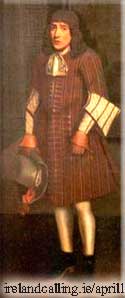 1716_On this day in 1716, Thomas Doggett organised the first Doggett and Badge boat race on the River Thames. Doggett was an Irish comedian and actor, and worked as a theatre manager in London.
1716_On this day in 1716, Thomas Doggett organised the first Doggett and Badge boat race on the River Thames. Doggett was an Irish comedian and actor, and worked as a theatre manager in London.
He relied heavily on the watermen of the Thames, to transport him to and from various theatres and his home in London.
He also needed the watermen to deliver many of the audience members to his productions.
After the coronation of King George, Doggett decided to honour the new king with a race. The prize was a silver badge with the word liberty and a horse on it, although all other contestants received a bronze copy of the badge. The 4 mile race is still an annual fixture on the Thames for competitive rowers. Winning the Doggett’s Coat and Badge Race is still seen as prestigious today.
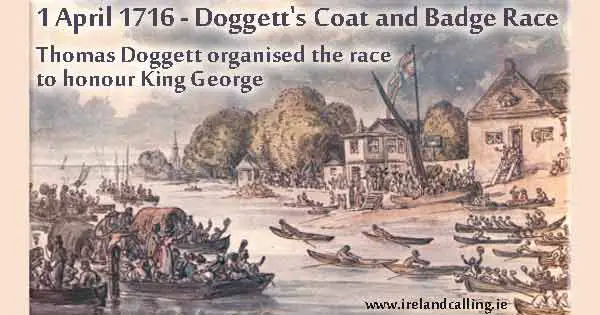
* * *
1848 Augustus Saint-Gaudens was born in Dublin on this day in 1848. His family emigrated to America while he was still a baby, and he was raised in New York.
He became one of the world’s most in demand sculptors after spending time studying in Paris and Rome. Saint-Gaudens was commissioned to create sculptures of major political figures in American and Irish history.
A 12 foot bronze statue of Abraham Lincoln stands in Lincoln Park, Chicago, and on O’Connell Street in Dublin, a giant statue of Charles Parnell stands before a plaque commemorating his achievements.
Both pieces of art are still on display in their respective cities today, for visitors to admire, more than 100 years since they were first unveiled.
Click here to read about more attractions In Dublin
Click here to read about Charles Parnell’s love affair with Kitty O’Shea
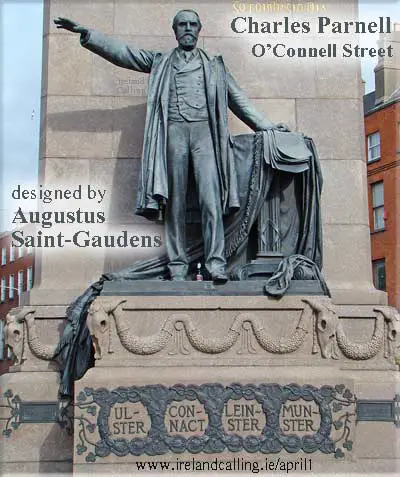
* * *
1919 Éamon de Valera was elected as the first President of Dáil Éireann on this day in 1919. The job came with great responsibility because republicans were currently fighting for their freedom in the Irish War of Independence.
Feelings of bitterness and hatred towards the British were rife amongst the Irish public after many of the Easter Rising leaders had been executed only three years earlier.
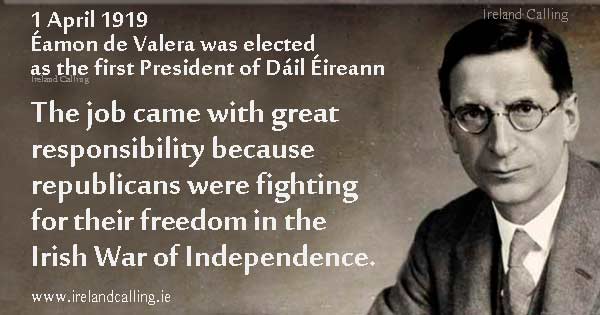
De Valera himself, had only been spared death, as he was an American and the British didn’t want to do anything to harm their chances of gaining support for the Allied Forces in the First World War.
As the new leader, de Valera now had to use all his political skills to navigate the country through a critical period of its history. The next major step towards independence would be the negotiation of the Anglo-Irish Treaty.
Click here to read more about Irish history
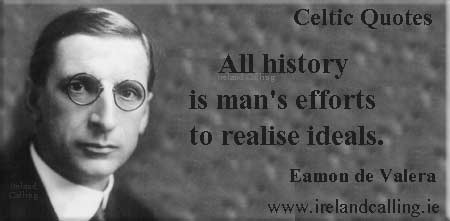
* * *
1935 Francis Arthur Fahy died on this day in 1935. He was a songwriter and poet. His most famous work was the song Galway Bay, although not the one made famous by Bing Crosby, but another song of the same name. Fahy’s Galway Bay has been performed by Delores Keane.
Click here to read more about this alternative version of Galway Bay and see a video of Delores Keane performing it
Click here to read about more Irish songwriters
Click here to read about more Irish writers
* * *
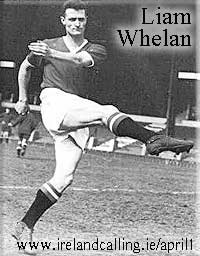 1935 Billy (or sometimes known as Liam) Whelan was born in Dublin on this day in 1935. He was a talented footballer and joined English giants Manchester United in 1953.
1935 Billy (or sometimes known as Liam) Whelan was born in Dublin on this day in 1935. He was a talented footballer and joined English giants Manchester United in 1953.
He scored an impressive 43 goals in 79 appearances over four seasons, which included winning two league title, and getting to the semi-finals of the FA Cup and European Cup. He was part of an impressive team at United, who, due to their young age, were nicknamed ‘the Busby Babes’, after their manager Matt Busby.
However, tragedy cut Whelan’s life short. In 1958, a plane carrying the United team and coaches, as well as journalists and fans, crashed in Munich as they returned from a European game. 23 of the 44 people on board were killed, including Billy Whelan who was just 22 at the time.
* * *
1999 More than 1,000 people had to evacuate their homes in Belmullet, Co Mayo on this day in 1999, after a rubber factory caught fire and the air was filled with toxic smoke. Thankfully, the 30 employees at the factory and the residents of the town escaped the incident without serious injury.
* * *
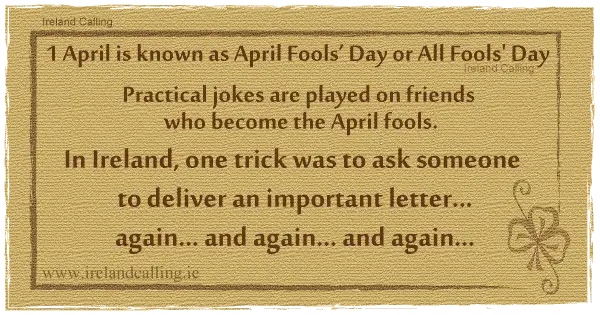
1 April is known as April Fools’ Day or All Fools’ Day. On this day, practical jokes are played on friends. The ‘victims’ are the April fools. Playing pranks on 1 April has been popular since the 19th century.
One traditional trick in Ireland was to select a hapless victim and ask him to take a ‘very important and confidential letter’ to someone nearby in the town or village. Of course, the recipient would be in on the trick and would tell the victim that there was a mistake and the letter must be taken to someone else, preferably in the opposite direction. This could continue until the victim caught on or eventually opened the letter to see a message such as: Send the fool onwards to someone else.
april-bottom.html